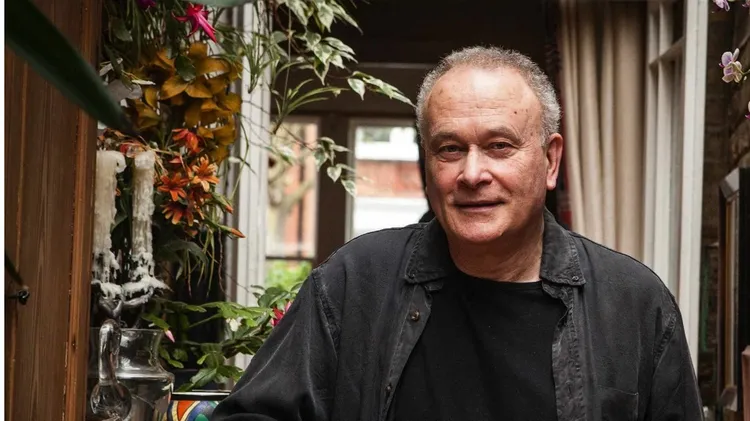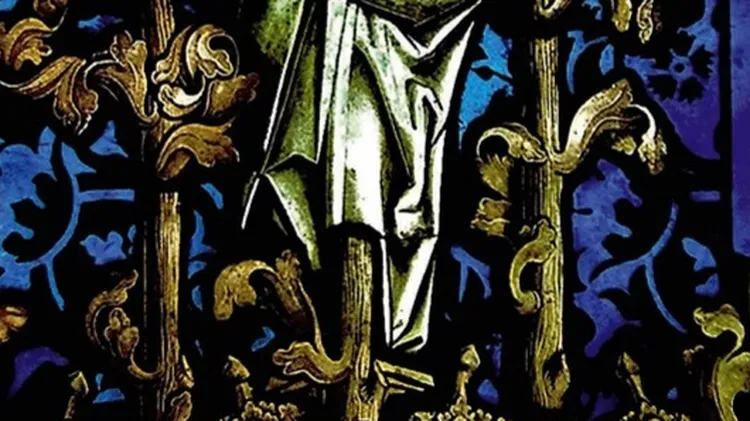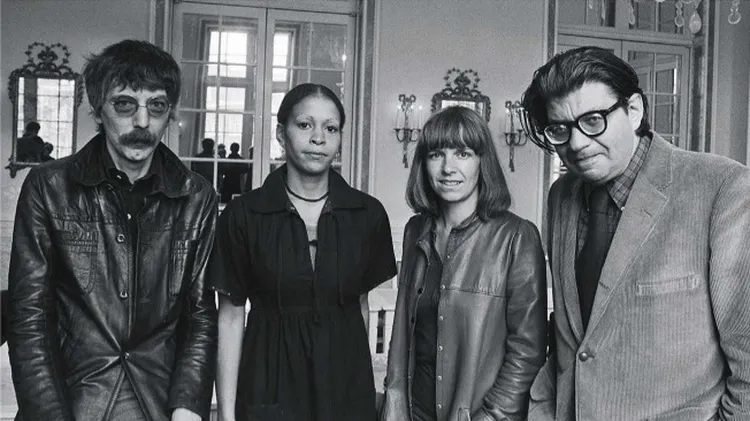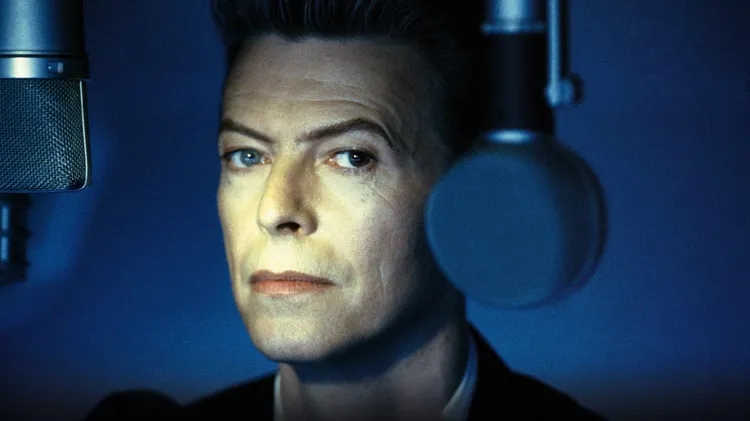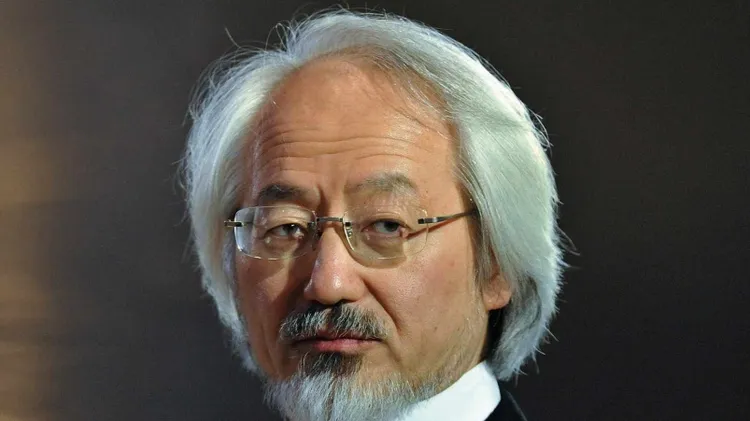Owen Mortimer enjoys the finest recordings of a late masterpiece that show
Horn concerto no. 2
4 min read
This article is from...
Read this article and 8000+ more magazines and newspapers on Readly

